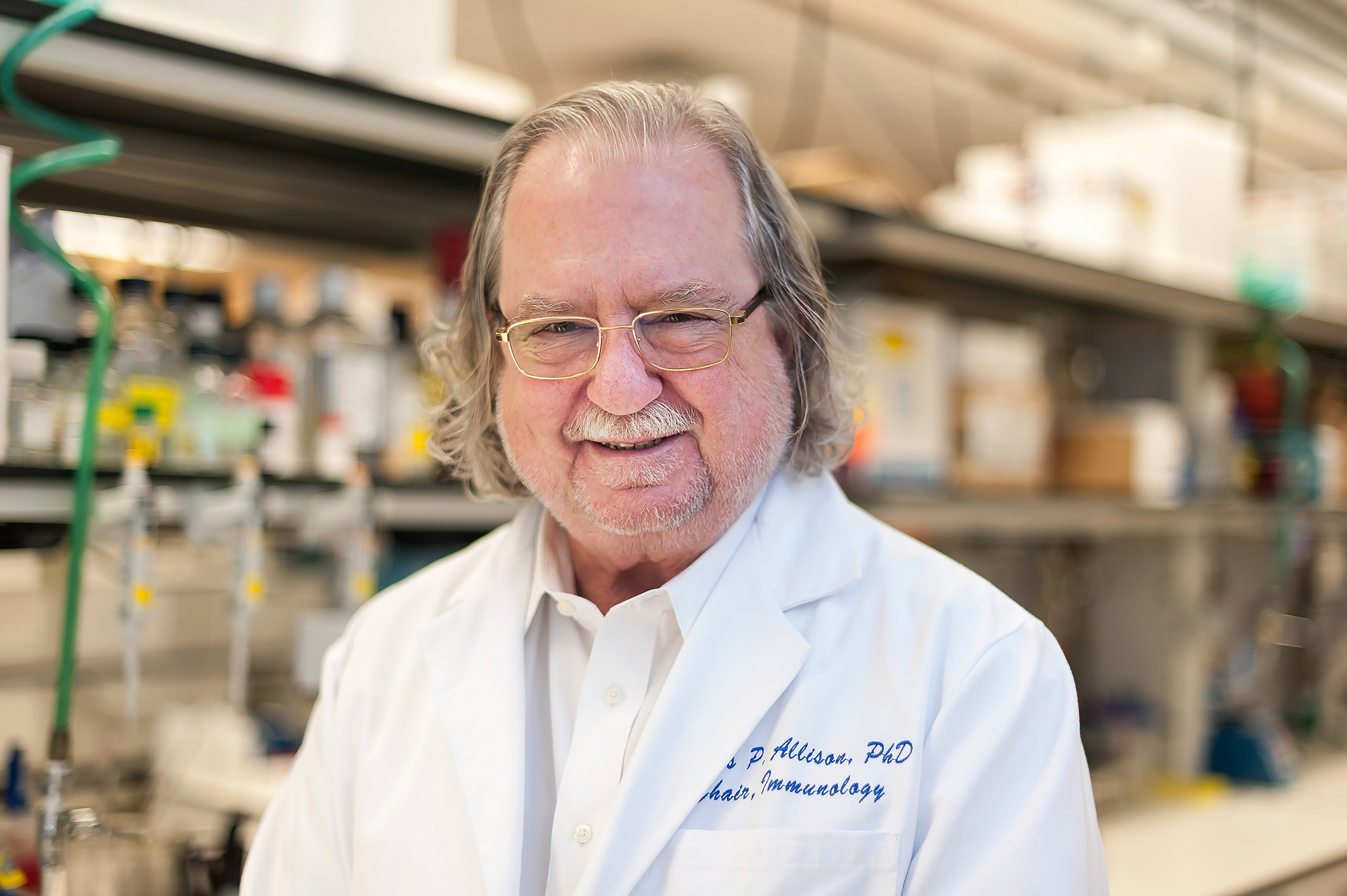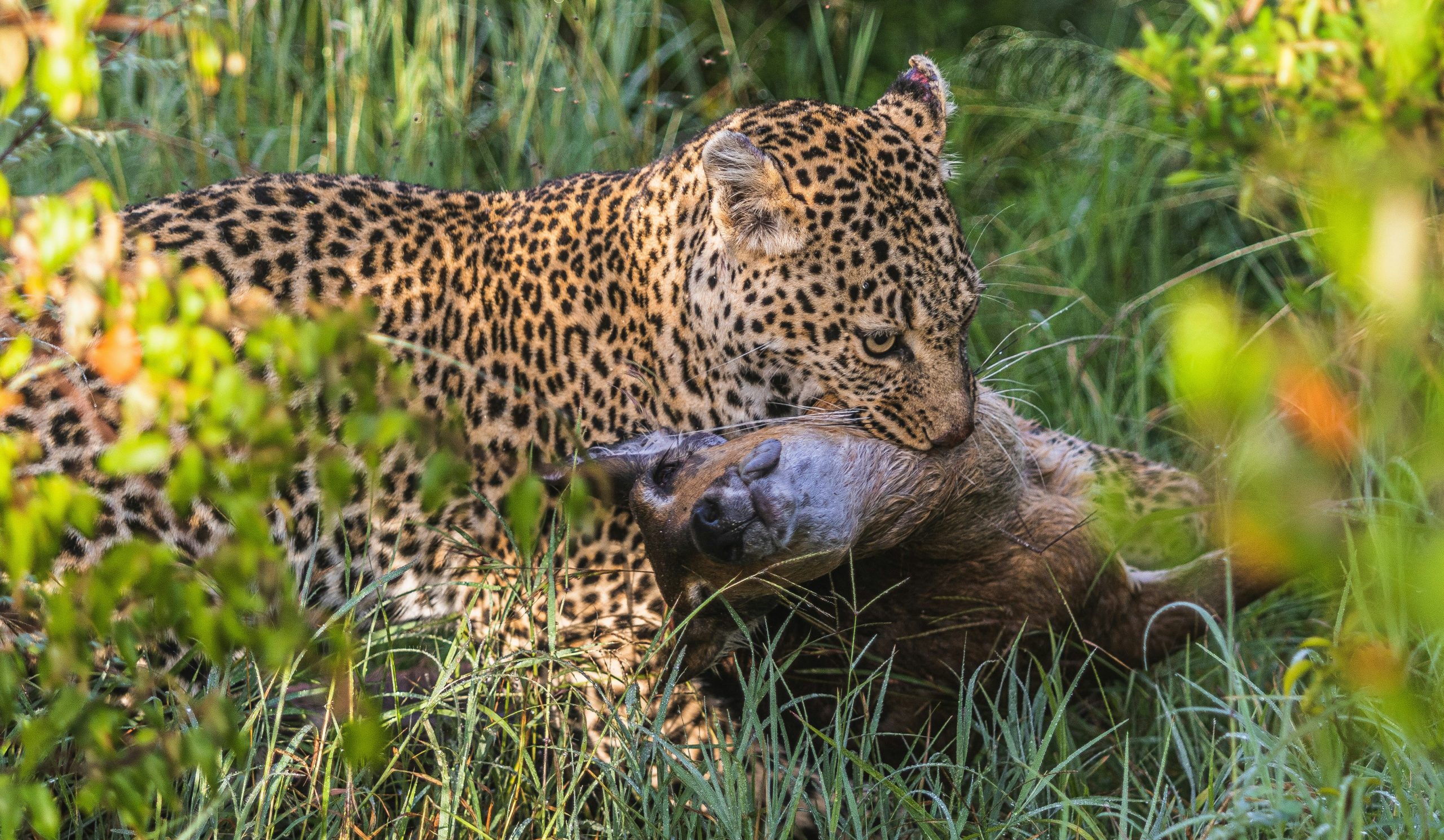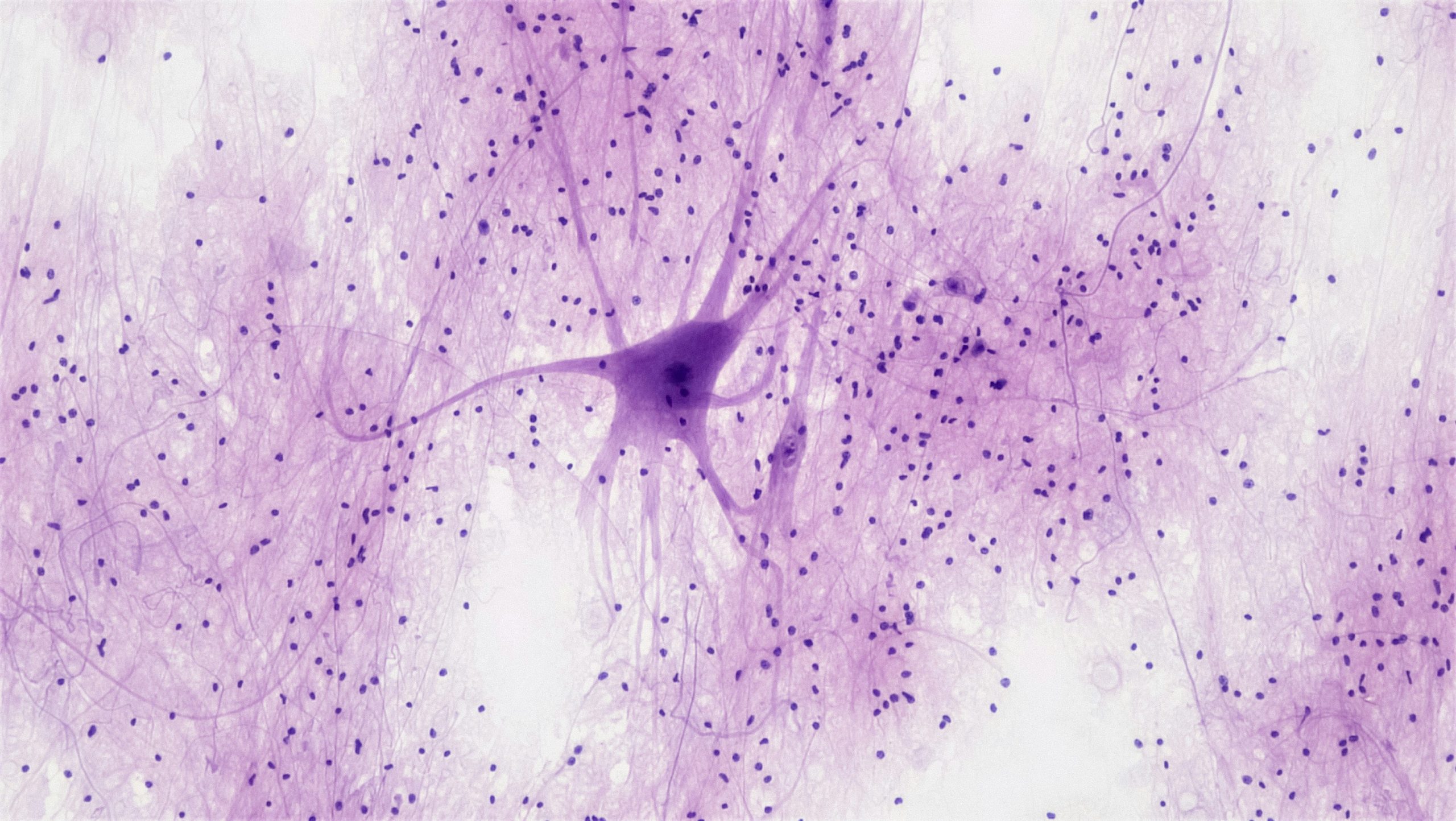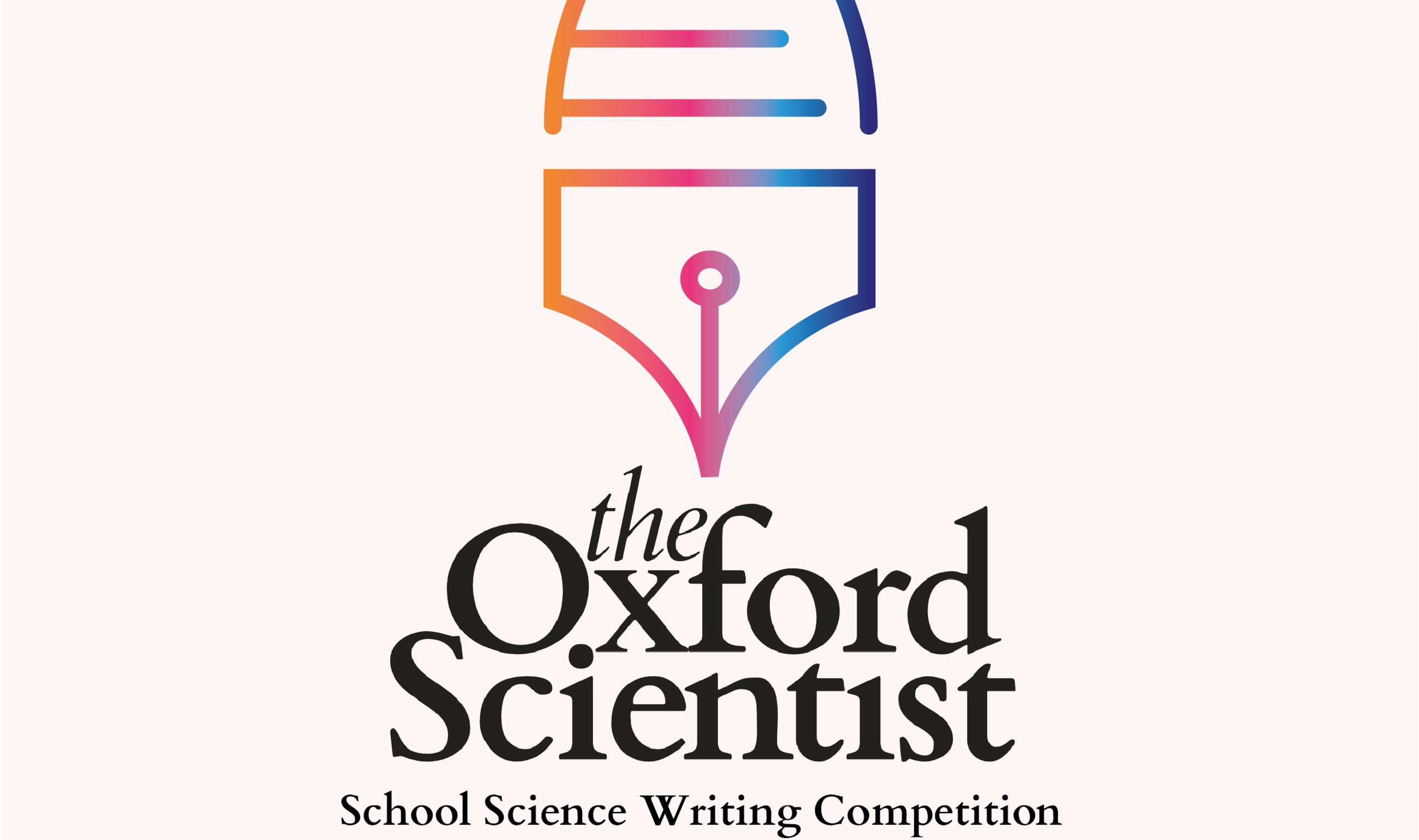Rose Fairhurst, Year 10, Sheringham High School, Norfolk
I first heard about immunotherapy from my grandfather earlier this year. He had undergone chemotherapy for his lung cancer and had experienced extreme side effects. It was not working well for him. Six months later and he is part of a medical trial using immunotherapy and is happy and positive for the future.
Immunotherapy is a relatively new treatment with many inspirational scientists involved in its development. Dr James Allison is based at the MD Anderson Cancer Center at the University of Texas. He discovered the potential power of immunotherapy in treating cancer and has researched and developed it into a highly successful treatment used across the world today. He was also affected personally by cancer, losing multiple family members, including his mother who passed away when he was young. He wanted to stop other people from being affected by cancer like he was. Many scientists had researched cancer and its links with the immune system before, but none found what Dr Allison did.
Dr Allison found that the immune system could be taught to recognise and fight cancer cells in the body and that this could help cure cancer. He discovered potential links between the immune system and cancer in the late 1970s, but it took several years to convince others, such as the US pharmaceutical company Medarex, to give him the resources to test his hypothesis. Allison continued his research, achieving successful results on mice then translating that to humans through the antibody known as ipilimumab. After years of research and development of this immunotherapy, trials showed it was the first-ever treatment to improve survival rates in metastatic melanoma (an aggressive skin cancer) in 2010, and it was approved for wider use in 2011. His commitment to his idea meant that Allison did not give up when he was not taken seriously; he was resilient and continued his research until he was given the proper resources to develop the treatment fully.
At the time of his discoveries, and still now, many patients being treated for cancer undergo chemotherapy. Chemotherapy consists of medicine which kills cancerous cells in the patient’s body to get rid of the cancer. However, chemotherapy can also target and kill normal, healthy cells. This can cause a lowered immune system and increased vulnerability to infection and illness, as well as other side effects including fatigue, sickness and hair loss. Immunotherapy, however, has the potential to be completely side-effect- free, like it has been for my grandfather. Immunotherapy helps your immune system fight the cancer cells, the immune system is precise and can remember what the cancer cells look like, allowing it to only target cancer cells in the body. With a heightened immune system, patients undergoing treatment are less susceptible to illness and infection.
Allison is currently working on cancer vaccines for people who have a high risk of developing cancer due to their genetics. This will help us in the future as people can be assured that their family will not get cancer due to their genes. Moreover, immunotherapy is still being developed to treat cancer more efficiently in the future; if these new forms of immunotherapy continue to be successful, the fatality rate of cancer patients will continue to go down as treatments are developed further. Allison’s work has helped scientists, and all people, globally, understand more about cancer, how it operates and more importantly, how to treat it.
Dr Allison is currently Director of the Scientific Advisory Council at the Cancer Research Institute, which funds many different research programmes to progress immunotherapy treatments. In 2018, Dr James Allison was jointly awarded the Nobel Prize for Physiology or Medicine for his work on immunotherapy and he has not stopped there. He is determined to continue his research “until immunotherapy helps- and even cures- all cancer patients”; he has hope for the future and the further development of immunotherapy to treat cancer.
His research has and will continue to have a huge impact on people and their friends and family across the world. I hope generations in the future will feel as grateful for his contribution to science and the treatment (and maybe even prevention) of cancer as my family and I are today.
Runner-up for the Schools Science Writing Competition, Michaelmas Term, 2020
Image credit: cancerresearch.org





